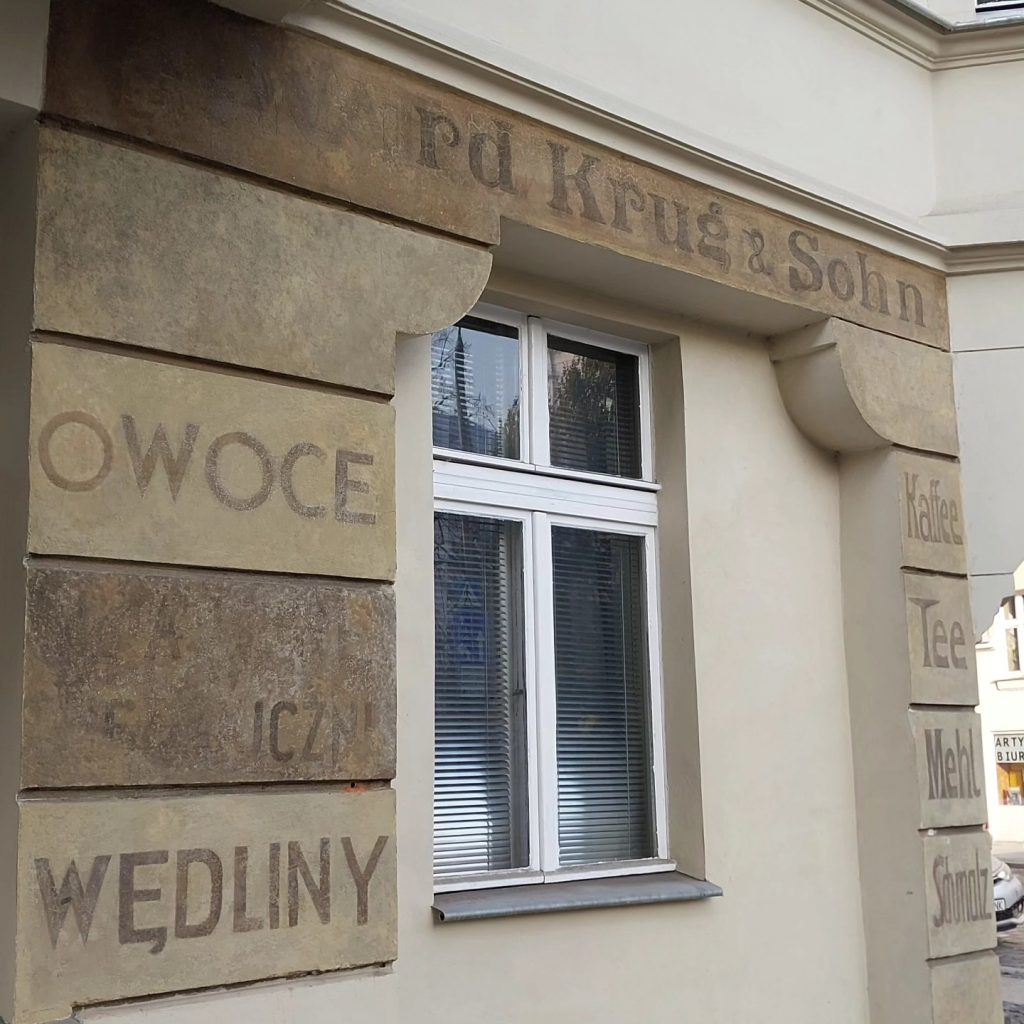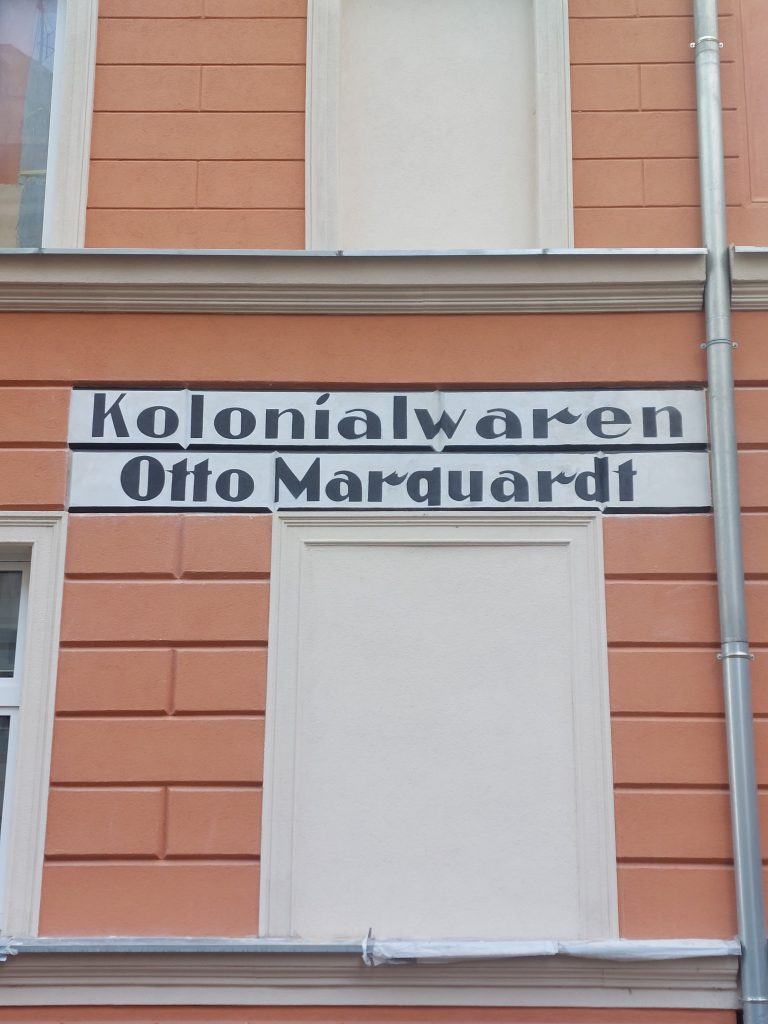Workshop „Lost Lands Recovered? The Place of German Heritage in Memory Practices on the ‚Recovered Territories'“, 3-4. November 2025, Kulice
Former German territories were officially framed by Polish communists as the “recovered territories”, [Ziemie Odzyskane]. They emphasised Poland’s medieval roots since the Piast dynasty and downplayed the Prussian and German eras. Yet as early as the 1950s and 1960s, Polish intellectuals began to explore the pre-1945 cultural heritage on local levels —a stance first regarded with suspicion when it involved sympathetic treatment of German heritage and contact with previous German inhabitants.
More recently, especially after 1989, local actors and civil society across these territories have engaged with German heritage more openly. This occurred alongside and was shaped by broader Polish Europeanisation and the rise of multidirectional or transnational frameworks in memory studies. These practices often situate the German past within narratives of regional history, multicultural coexistence, or common European belonging.

New Historical Layers: Post-war Cultural Appropriation and Memory Formation
In the immediate aftermath of WWII, vast tracts of German immovable and movable cultural heritage remained in Polish western territories, but were often destroyed or seized by Soviet forces or groups of looters. In particular after the 13 November 1945 decree, the Polish state systematically appropriated “abandoned property” and centralised administrative control over cultural heritage in the Ministry for Recovered Territories. The memory and physical traces of German material culture were largely marginalised, subject to selective preservation or neglect.
Today, renewed interest in German heritage in these regions unfolds against this backdrop: of initial cancellation or erasure; later, cautious scholarship; and finally, renewed public engagement shaped by civil society, local initiatives, and cultural institutions.
Workshop Aims
We invite proposals that synthesise existing research and develop new approaches to understanding how German heritage has been negotiated in the former German territories of Poland, focusing primarily on memory practices, cultural policies, and public discourse

Contributions may address, but are not limited to, the following themes:
- Material heritage as memory trigger: What is the significance of buildings, cemeteries, street names, monuments, and archives in mediating knowledge of German heritage?
- Literary and artistic interventions: What roles have non-fiction, literature, visual art, film, or public performances played in evoking the German past of the “recovered territories”? How can we account for recent surges in interest through titles such as Poniemieckie, Odrzania, Wyspy Odzyskane, Niedopolska, Mein Gott, jak pięknie, etc.?
- Civil society, local actors, and appropriation: How did grassroots initiatives, cultural associations, or NGOs participate in reclaiming German-period sites, buildings, or narratives?
- Parallel trajectories: To what extent did interest in German heritage develop in tandem with Poland’s European integration and discourses of common European identity?
- Reverse “cultural appropriation”: Can we observe patterns of re-appropriating or re-integrating the artifacts, architectural remnants, and monuments of former German imperial culture into Polish regional identity?
- Imperial and colonial categories: How have memory practices deployed the categories of empire and colony, especially in light of the recent postcolonial turn in the humanities?
- Political context and resurgence of nationalism: How is the memory of the German past being shaped under rising right-wing populism in Germany and Poland?
Submission Details - Formats accepted: 20-minute papers;
- Deadline: EXTENDED to 01.10.2025
- Languages: English, Polish or German;
- Proposals (300-word abstract + short bio): to be submitted to info@staedtepartner-stettin.org.
- The workshop will take place in the International Centre for Interdisciplinary Studies at the University of Szczecin in Kulice (Poland), 3-4 November 2025 and is co-organised by the Centre and the city twinning organisation Friedrichshain-Kreuzberg (Berlin)-Szczecin: Städtepartner Stettin e.V. The organisers provide for a transfer from Szczecin and cover the travel and accommodation costs.
- We particularly encourage submissions from early-career researchers, practitioners, and local heritage activists.
Photos: Ewa Dabrowska, Kinga Rabinska
